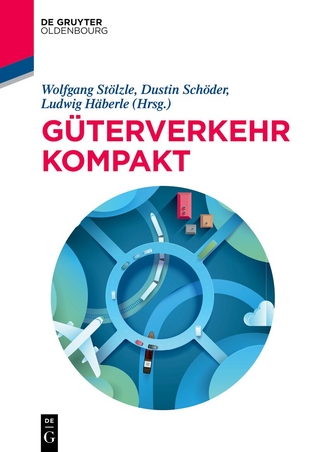
Making Sense of Complexity in Projects
Routledge (Verlag)
978-1-032-59431-6 (ISBN)
This book explores ‘project management’ (PM) from a new perspective. Project management is facing a paradigmatic stalemate. Its major challenge is complexity. Its current paradigmatic foundation in first-order cybernetics has reached its limits. More tools are created and project management is applied to any potential context, expecting better results while doing more of the same. Beyond conventional project management, agile and other project management approaches have emerged as new options to answer the complexity challenge. Yet, the question remains whether new options and more tools in light of the current shortcomings can create enough momentum for project management as a whole to overcome its paradigmatic stalemate and evolve toward new paradigms based on second-order cybernetics. This book will embark on a journey to explore current paradigms in project management and argue why an analysis of discourse practices in project management may be critical to generating new paradigmatic perspectives.
The aim of this book is to provide an alternative perspective on projects as discourses and project management as a means to observe and conduct these discourses. Instead of defining what projects and project management are, the approach is to look at what people talk about when doing projects and apply project management. It will arrive at a picture of how discourses about project management are shaped and institutionalised through the sensemaking of individuals and selected communities in their specific project practice and how these discourses shape project management in turn. It is argued that this self-reinforcing circle leads to a certain solidification of project management paradigms which prove insufficient in dealing with project complexity. However, it will also be argued that project practitioners can utilise their self-reflection and self-description of these discourse conventions to obtain more meaningful project conversations and arrive at a unified and systemically integrated understanding of project management.
This book will be of particular relevance to those interested in current issues underlying project management. More generally, it will be a valuable resource for researchers of project management, organisational studies and governance.
Steve Rauei s an industry expert on project, programme and portfolio management. For over a decade he has consulted and taken positions in international cooperations and public institutions, driving their strategic transformation and digitalisation through projects. Growing up in the Berlin metropolitan area, Germany, and with stations in the USA, Ireland and Sweden, he has always had a passion for looking at organisations from a communicative, cultural perspective. With a doctorate in complex, cross-cultural project management, his fascination for a systemic and communications-based view on how people organise business and private life is a major part of his work.
1. Introduction 2. A Discursive Perspective on Project Management 3. The Becoming of ‘Project Management’ 4. The Becoming of a Community – Identity and Alterity in Conventional and Agile PM 5. Dimensions of Coping with Complexity 6. The Systemic Perspective on PM 7. Conclusion and Outlook
| Erscheinungsdatum | 02.11.2024 |
|---|---|
| Reihe/Serie | Complexity and Interdisciplinarity in Project Management |
| Zusatzinfo | 40 Line drawings, black and white; 40 Illustrations, black and white |
| Verlagsort | London |
| Sprache | englisch |
| Maße | 156 x 234 mm |
| Gewicht | 766 g |
| Themenwelt | Wirtschaft ► Betriebswirtschaft / Management ► Logistik / Produktion |
| Wirtschaft ► Betriebswirtschaft / Management ► Projektmanagement | |
| Wirtschaft ► Betriebswirtschaft / Management ► Unternehmensführung / Management | |
| Wirtschaft ► Volkswirtschaftslehre | |
| ISBN-10 | 1-032-59431-4 / 1032594314 |
| ISBN-13 | 978-1-032-59431-6 / 9781032594316 |
| Zustand | Neuware |
| Informationen gemäß Produktsicherheitsverordnung (GPSR) | |
| Haben Sie eine Frage zum Produkt? |
aus dem Bereich


